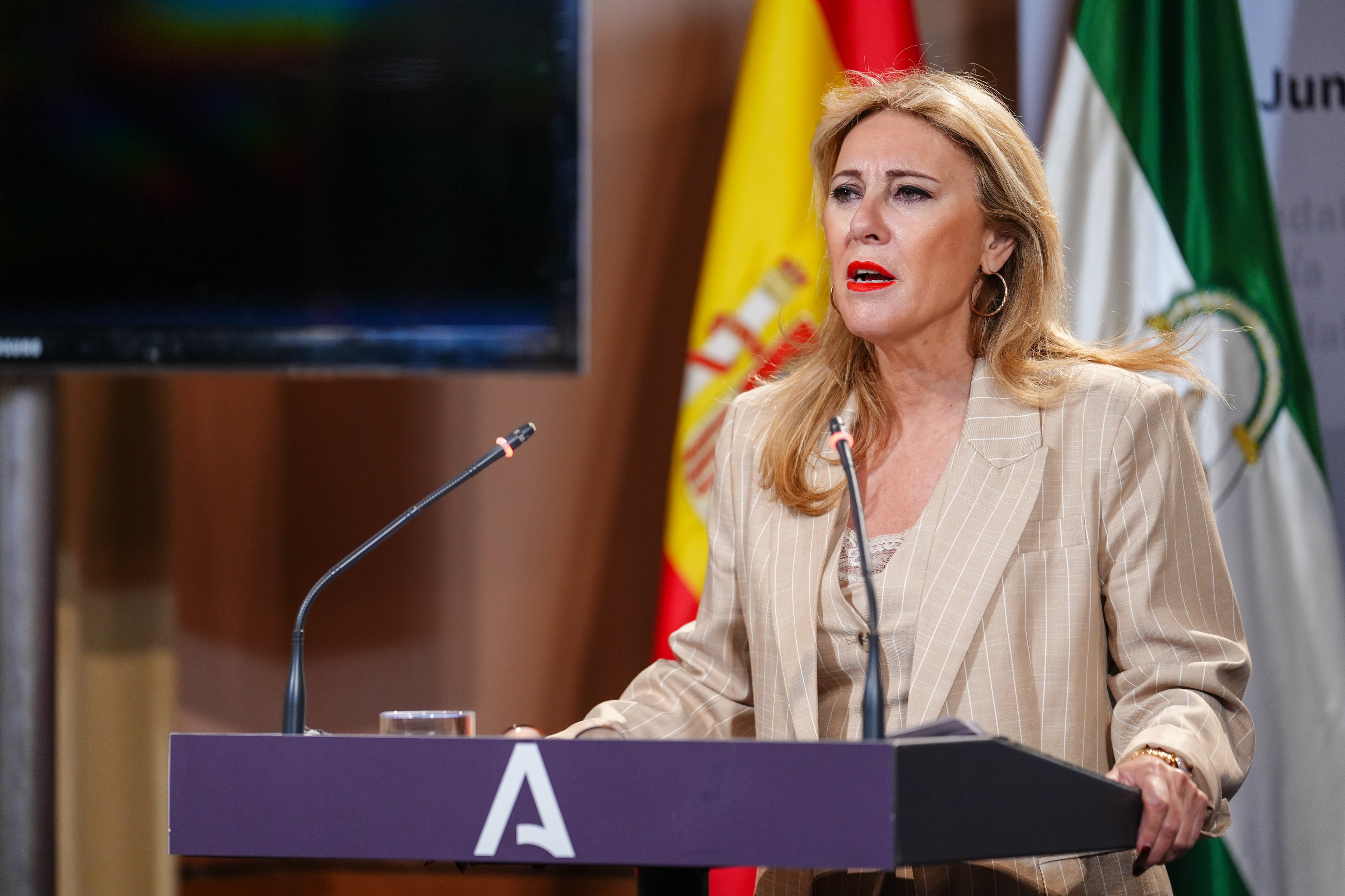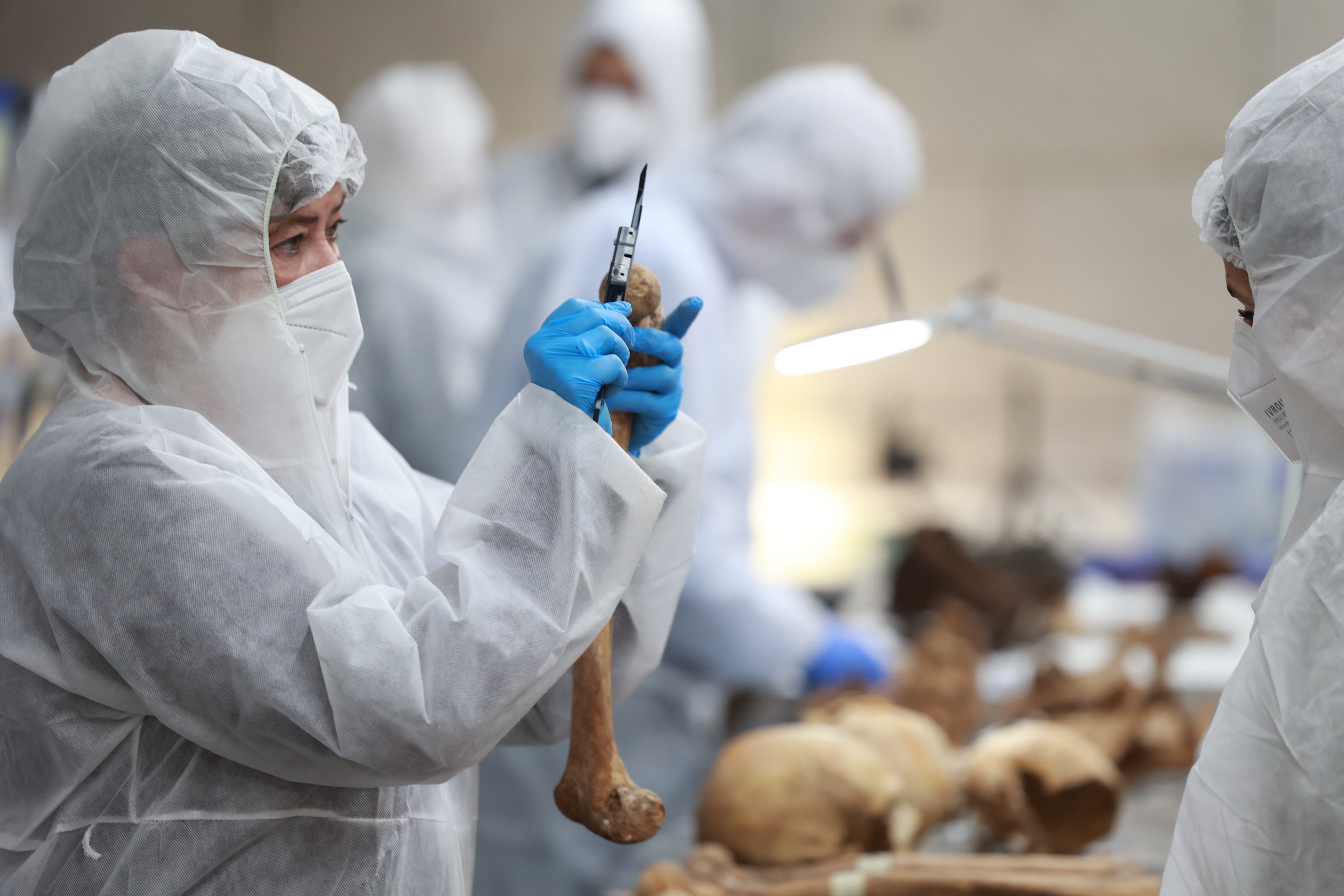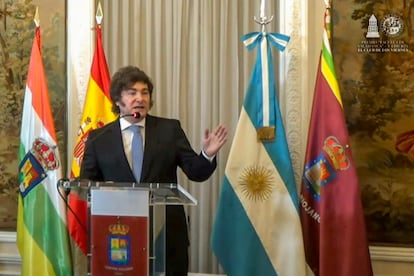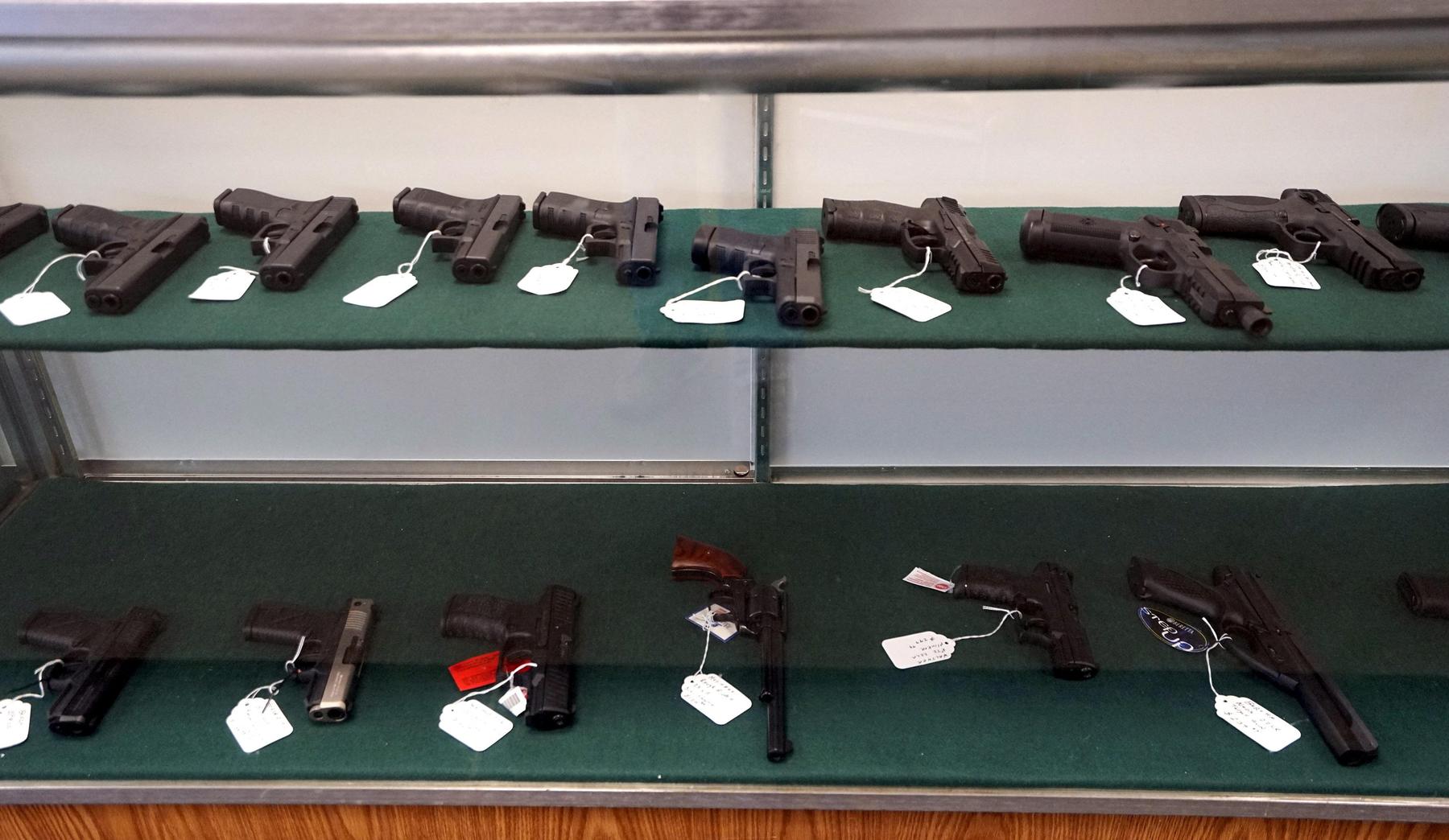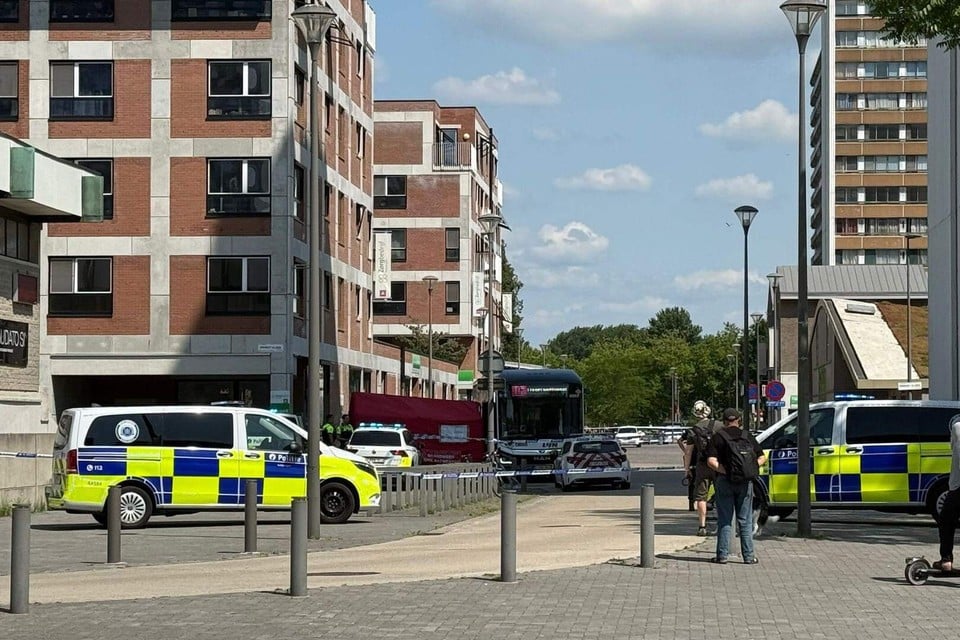The jam in consulates leaves almost half a million children and grandchildren of Spaniards waiting for their nationality | Spain

When Spain approved the Democratic Memory Lawin October 2022, it included a measure so that all children and grandchildren of Spanish exiles or emigrants could access Spanish nationality. The president of the Government, Pedro Sánchez, said that the law was approved « to settle the debt of gratitude » with those who committed to democracy. « Let’s go late, too late, » he said. Two and a half years later, 680,000 people have attended the call and requested nationality, mainly in Latin America and in Miami (USA), according to the figures of the Ministry of Foreign Affairs. But the resources to manage them have been insufficient and only 30% of those requests (200,364) have already been registered in Spanish consulates. Some 3,800 have been denied and the rest, almost 474,000, are pending, although the approved files touch the 320,000. The wait « will exceed several months and perhaps years, since the number of applications (…) far exceeds the ability to process them, » reads some of the answers that consulates send to applicants. Outdoor sources claim that these are much higher figures to those presented under the 2007 Historical Memory Law, the predecessor of the current one, and that the processing deadlines are now much smaller, even if their management supposes “a challenge” for the consular network.
The traffic jam has caused a flood of criticism before the Ombudsman, as stated in its latest report, presented at the end of March. Part of the bottling occurs in the registration of favorable files before the consular civil records, which have felt the « impact » of the nationality requests derived from the law of 2022, according to that agency.
Of the total requests, About 40% have appeared alone in Argentinathrough the five consulates in that country. But, as the country has documented, there are two places where a good part of the problems accumulate: the consulate in São Paulo (Brazil), which has one of the lowest registration percentages in relation to the requests it receives, and that of Havana (Cuba), the second in which more requests have occurred (only surpassed by that of Buenos Aires).
50,000 requests damaged in São Paulo
Bruno – who has asked that his real name be published – submitted his application for nationality in November 2023 at the General Consulate of Spain in São Paulo. His father had obtained nationality Under the Memory Lawwhich established that the children of the beneficiaries also had the right to obtain it. Therefore, precisely, the norm is known as grandchildren’s law. But, more than a year and a half later, Bruno has not obtained an answer. Of the almost 55,000 applications submitted there, they have barely registered around 2,500, 4.5%. Consulates that present a similar volume of applications, such as Mexico City or that of Rosario (Argentina), have a percentage of inscriptions of 45% and 35% respectively.
The São Paulo Consulate solves the applications in chronological order and is currently resolving those that were submitted in July 2023, according to the databases that applicants have been building through groups on Telegram and the answers given by the consulate to some applicants. That is, requests are being processed a year and eight months ago.
A sample of the level of stagnation are the answers that the consulate has sent to the interested parties. In one of them, from May 2023, he warned: « While the current workforce of this consulate general, (the wait) will exceed several months and perhaps years, since the number of applications (…) greatly exceeds the ability to process them of this consulate. »
But the legation deepened the problem and complained to the affected one: « While some consulates from Spain have obtained authorization to temporary several tens of workers to reinforce their application management capacity, this consulate general has had to face the increase in work with four casualties in their workforce, which was already insufficient before the entry into force (of the law). » In the same mail, the consulate said that, in addition to the applications, the innumerable complaints had to be added for the slowness in the processing « of the requests.
In another answer, a year later, on May 20, 2024, the Consulate reiterated: « The capacity (of the) that this consulate has to process the civil registration files is infinitely lower than the current number of requests for registrations. »
The General Directorate of Spaniards abroad and consular issues, under the Foreign Ministryhas responded to the Ombudsman that this consulate « supports enormous pressure for the high number of applications received » from the entry into force of the law, « so it is not possible to advance an exact date for its processing, » as read in a communication sent by the institution to one of those affected. « However, (the General Directorate) does not inform about the personnel available, » said the Ombudsman in the document, dated February 11.
A year of waiting to get an appointment in Havana
Any interested party currently sends to the General Consulate of Spain in Havana his request to initiate the procedure through the email enabled for this will find an automatic response: “Important: we have a very high amount of applicants, which causes greater response times. It is possible that he receives his credentials with a delay of up to 10 months”. The credentials referred to in the mail are a user and a password to be able to enter the appointment request system to bring their file in person to the consulate.
Estela Marina Pérez, president of the Association of Spanish descendants in the world (in addition), which has closely followed the situation in the Consulate of Havana, considers it « criticism. » « We are talking about people in Cuba are taking a year to acquire that key, to benefit from a law that is restricted, which has two years of validity and has already been extended for a year. » Those people who have not obtained credentials are not even reflected even in the 678,000 applications that the lawyer registers, because they have not been able to formalize their request by not having an appointment.
In six months, on October 22, the deadline to present the requests, which the Council of Ministers extended a year in October 2024, will end, although the Foreign Ministry explains that a tool has been developed that allows to prove that it allows to prove that the request for a previous appointment has occurred within the term of the law, regardless of when the face -to -face appearance occurs before the consular office. This tool is being applied in the consulates of Bogotá, Miami, Monterrey and Montevideo and their next implementation in Havana, Mexico and São Paulo is planned, while Buenos Aires has their own system, according to the same sources.
The organization presided by Pérez has presented requests and complaints in before different agencies. On June 27, he sent a letter to the Council of Ministers in which he warned of the situation, when the delays were around seven months of waiting for the allocation of credentials. In the document, the Association denounced that « an informal market for sale » with a value that ranged between 80 and 200 euros, carried out by alleged managers that « presumably have some mechanism or contact that allows them to do it easily » had emerged. In addition, he also argued that the situation resulted in « separate families and children who cannot present their credentials. »
To the delays it is added that there are at least a thousand people who had submitted their requests between January and February 2024, but that due to a system failure they did not obtain their credentials and the platform that assigned them jumped to continue with the requests submitted later. This group of affected has claimed before the Consulate, but this replies that it did not design the dating system « nor is it competent to modify its operation, » says one of the answers. For its part, the dating system manager, Bookitit, has responded by email: “We develop the softwarebut we have nothing to do with its configuration, no management, nor has nothing to do with the sending of credentials. ”
The Undersecretariat of Exteriors has assured the Ombudsman that a new computer tool “aimed at improving the telematic appointment system for the submission of applications” is close to being launched. According to that department, the platform is already in the test phase at the Spain Consulate in Costa Rica.
The answer also realizes that the Consulate of Havana has covered “almost the totality” of the 42 existing personnel and has increased between 2024 and 2025 35% the number of troops who serve. « However, » replies the Ombudsman, « in view of the numerous complaints that continue to be received, it is verified that the aforementioned consulate continues to face structural problems that make the resolution in time and time of the number of applications that arise. » Despite this, the Consulate in Havana has managed to register in the consular civil records 56% of the around 87,000 requests it has received, the highest percentage among those that receive the most applications.
Outdoor sources say that the consular offices most affected by the Democratic Memory Law have been reinforced with 150 places and three attached consul positions for Havana, Mexico and Buenos Aires have been created, measures that are maintained today.

